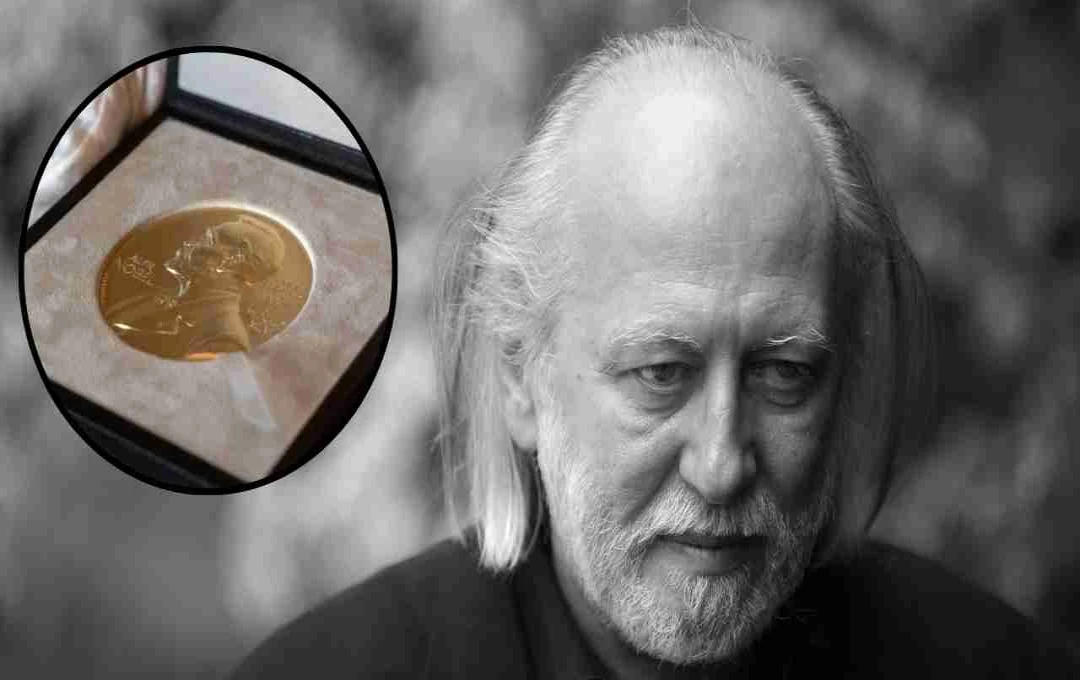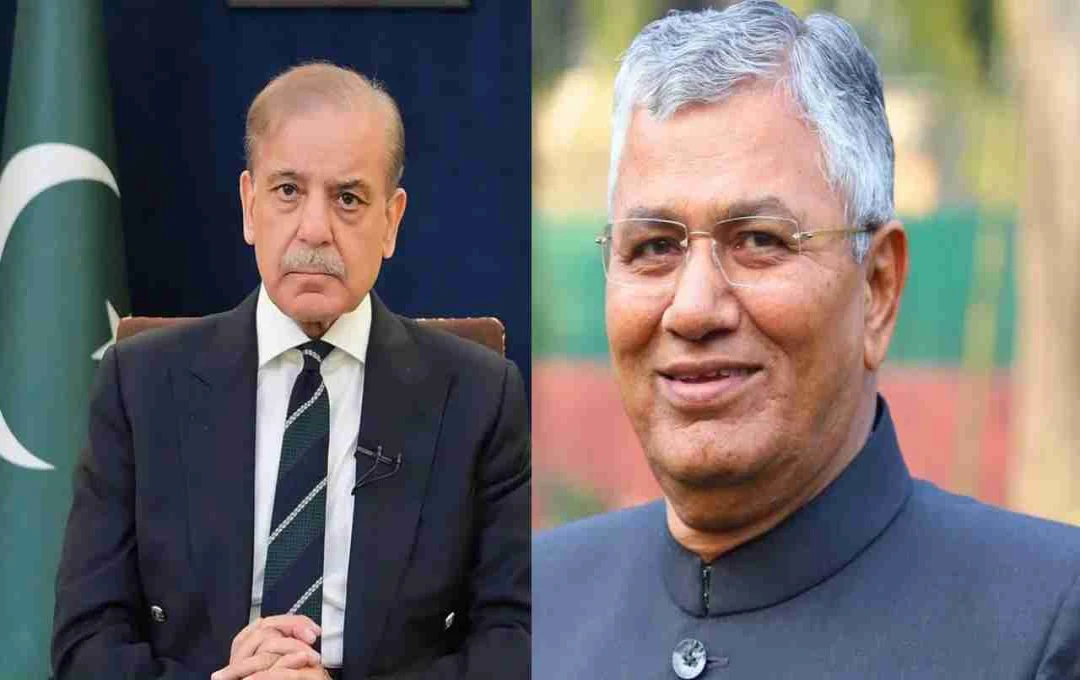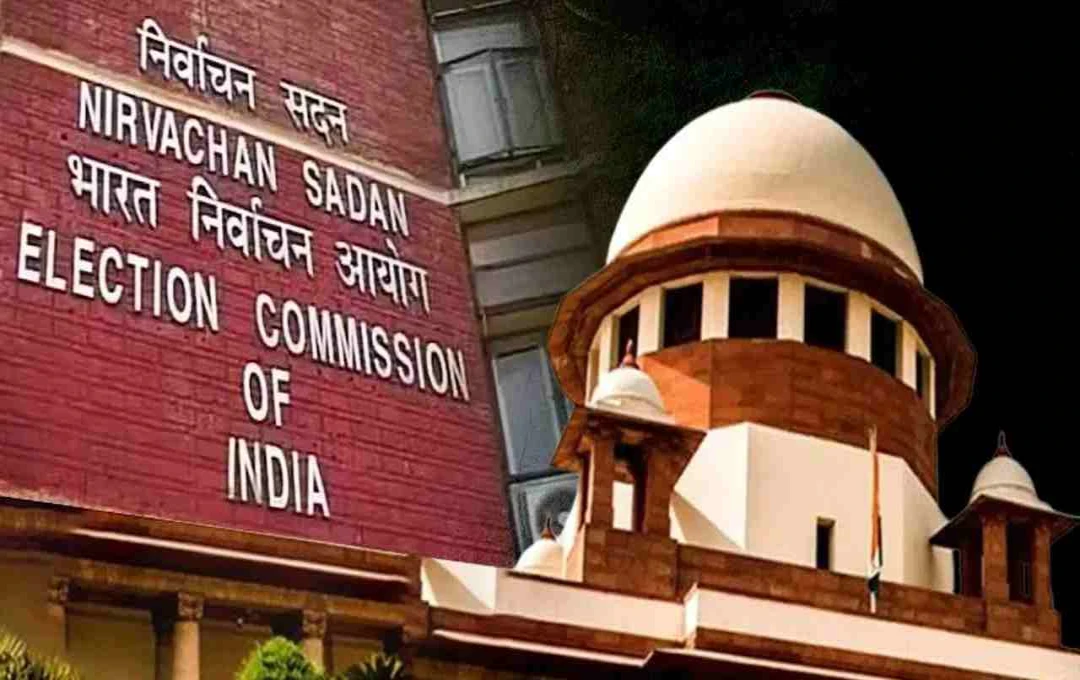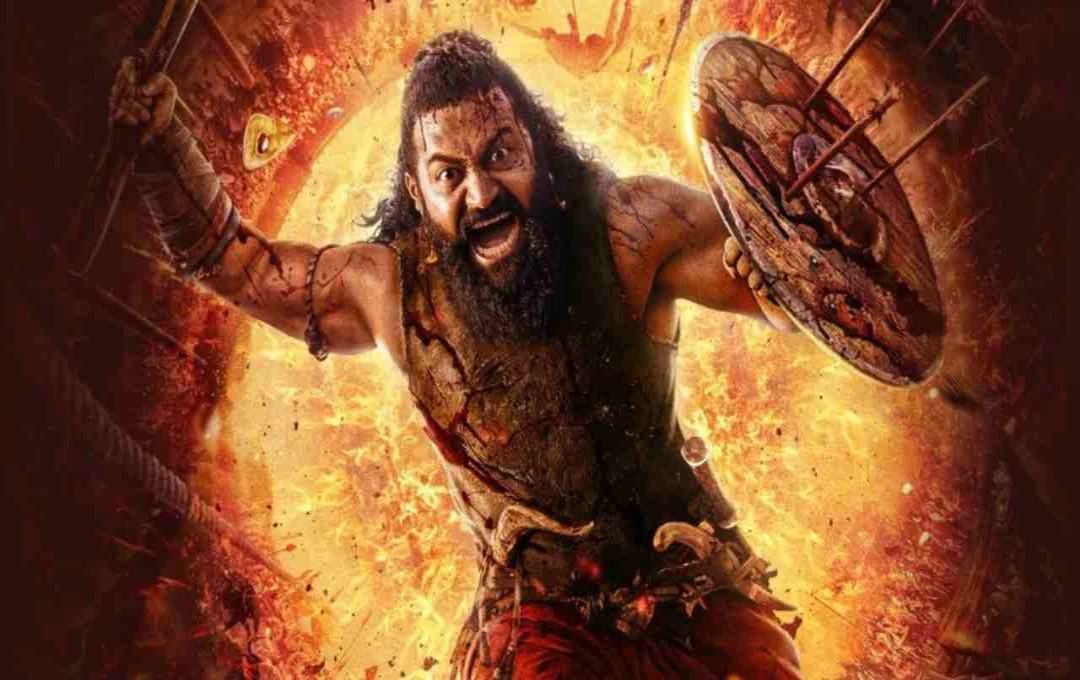Hungarian novelist László Krasznahorkai awarded the Nobel Prize in Literature 2025. He was honored for works that demonstrate the power of art amidst human crisis and the decline of civilization.
Budapest. The announcement for the 2025 Nobel Prize, the most prestigious award in world literature, was made on Thursday. This year's Nobel Prize in Literature was awarded to Hungarian novelist and screenwriter László Krasznahorkai. He received the award for his profound and visionary literary works that affirm the power of art even amidst apocalyptic dread. In the literary world, he is often referred to as the "prophet of the apocalypse," as his works reveal hope, beauty, and the possibility of existence despite human crisis and the decline of civilization.
Bookmakers' Predictions
Each year, bookmakers (betting odds setters) don't fully predict the Nobel Academy's choice, but their predictions reflect literary expectations and possibilities. This year, László Krasznahorkai was second on the bookmakers' list (6/1), while Australian author Gerald Murnane (5/1) topped it. Other authors in the running included Mexico's Cristina Rivera Garza (9/1), Japanese author Haruki Murakami (11/1), Romania's Mircea Cărtărescu, America's Thomas Pynchon, and China's Can Xue. Despite this, the Nobel Academy declared László the winner.
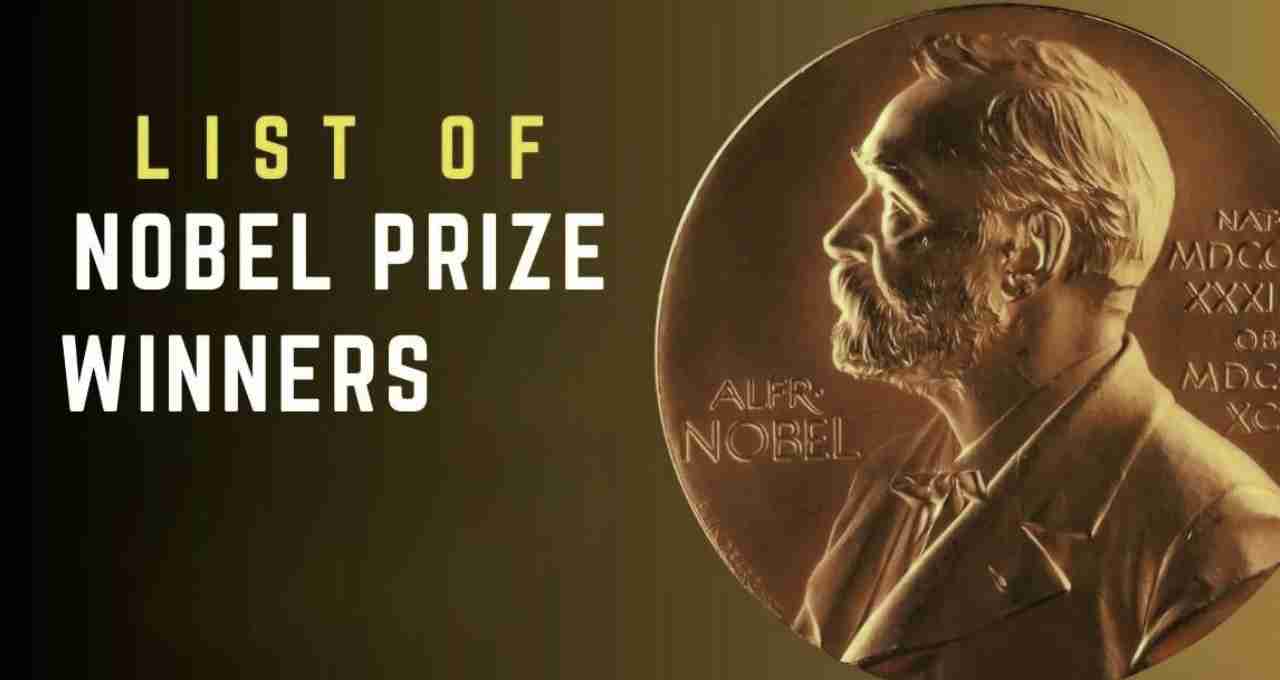
History of the Nobel Prize in Literature
The first Nobel Prize in Literature was awarded to French poet Sully Prudhomme in 1901. In 1909, Sweden's Selma Lagerlöf became the first woman to win this award. Over a total of 124 years, only 18 women have received this honor. French literary figures have won this prize the most, 16 times. Furthermore, great writers like Leo Tolstoy, Virginia Woolf, and James Joyce never received this honor. Meanwhile, winners like Jean-Paul Sartre and Boris Pasternak either rejected it or refused to accept it.
László Krasznahorkai's Literary Contribution
László Krasznahorkai is often called the "writer of the apocalypse." His writing depicts the human condition at a time when civilization is on the brink of collapse. Despite this, his works offer glimpses of faith, beauty, and the will to live (जिजीविषा) amidst chaos and crisis. His writing style is long, compelling, and cyclonic, like the language of anarchy.
His major novels include *Satantango*, *The Melancholy of Resistance*, and *Baron Wenckheim’s Homecoming*. In these works, the author has deeply portrayed social irony, the complexity of the human mind, and existential questions. Even if the world is falling apart, Krasznahorkai finds beauty in fragmentation through his characters and narratives.
